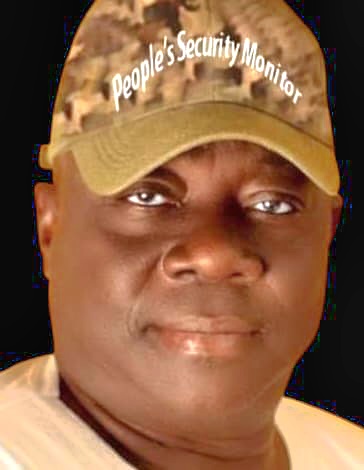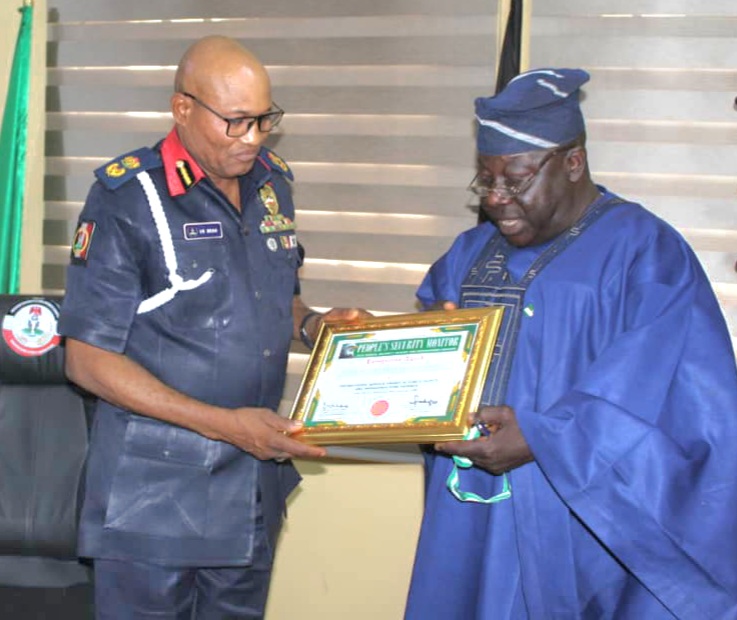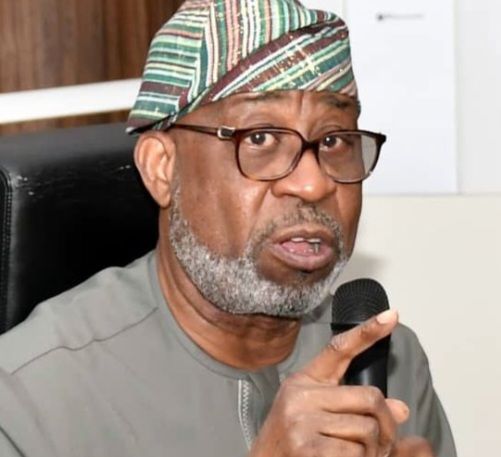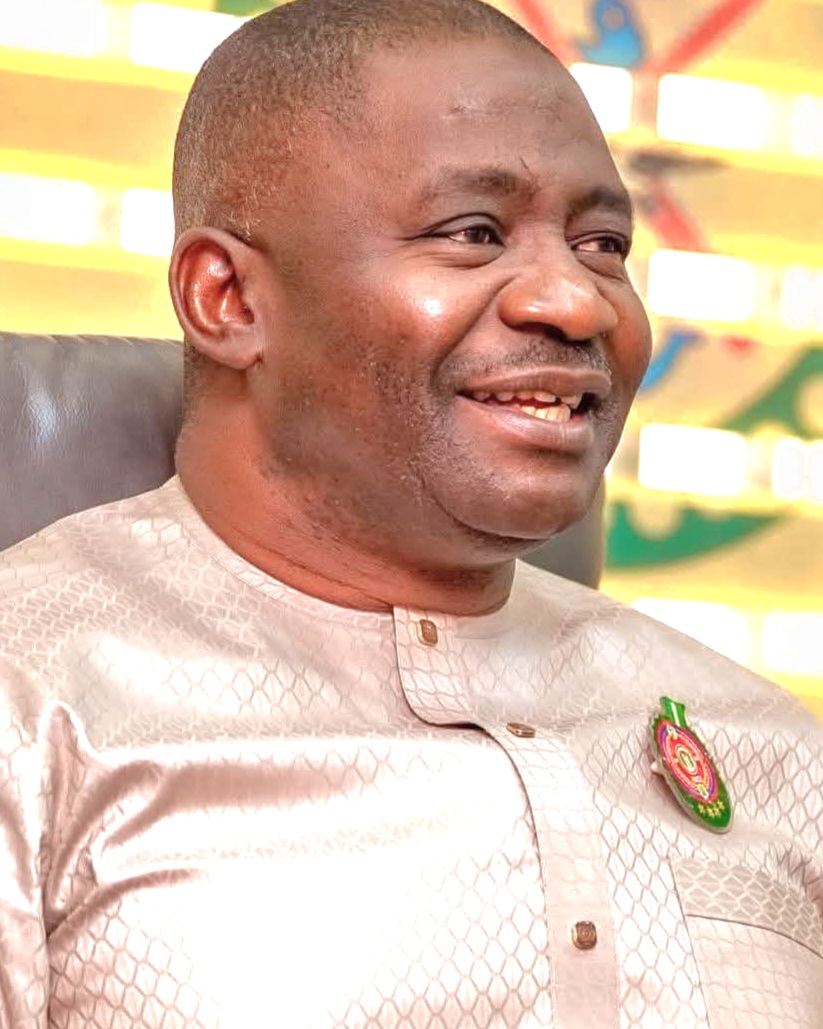
By Isiaka Mustapha, CEO/Editor-in-Chief, People’s Security Monitor
In Nigeria today, the sound of gunfire is no longer a shocking experience. Whether in rural Zamfara, major urban centers, or the Middle Belt towns of Benue, stories of attacks, abductions, and violent clashes have become a tragic part of daily life. Across the nation, citizens live with growing anxiety, their confidence in state protection steadily eroding.
Despite being Africa’s most populous country, with a vast array of security institutions and significant budgetary investment, Nigeria struggles to provide basic safety for its people. Insecurity has become a persistent threat, cutting across regions, economic classes, and ethnic lines. And as the crisis deepens, questions continue to mount over why a country with such substantial security resources remains so vulnerable.
A closer look reveals a system overwhelmed and underperforming. Nigeria’s police force, responsible for maintaining law and order, currently comprises about 370,000 officers. But this number is nowhere near adequate for a nation of over 220 million people. In fact, the police-to-citizen ratio falls short of international standards, with Nigeria maintaining roughly one officer per 595 citizens far below the United Nations’ recommendation of one officer per 450 people. Even more concerning is that close to 100,000 of these officers are deployed on personal security assignments for VIPs and politicians, significantly reducing the number available for general policing.
Compounding this shortfall is the expanding role of the military in internal security operations. Originally tasked with defending the nation’s borders, the Nigerian Armed Forces are now deployed across nearly all 36 states, conducting operations against insurgents, bandits, separatists, and oil thieves. With an estimated strength of 220,000 personnel, the military is increasingly overstretched and diverted from its core mandate.
Despite the Nigerian government allocating over ₦3.25 trillion (about $2.2 billion) for defense and security in 2024, operational results remain weak. A significant portion of the budget goes into paying salaries and administrative costs, leaving little room for investment in logistics, training, or modern crime-fighting tools. Across the country, many police divisions operate without vehicles, radios, or even fuel. Forensic analysis and evidence-based investigations are rare due to the near-absence of functioning crime labs.
But beyond resource constraints lies a more damaging issue: corruption. Nigeria ranks poorly on global corruption indexes, and the security sector is not exempt. Reports of bribery, extortion, inflated procurement contracts, and collusion with criminal elements are widespread. Many citizens recount experiences where they were asked to pay bribes before filing complaints, while some officers are suspected of leaking intelligence to criminals. These practices further weaken trust and diminish the effectiveness of law enforcement.
Another major factor contributing to the country’s security lapses is the lack of synergy among intelligence agencies. The Department of State Services (DSS), the National Intelligence Agency (NIA), and the intelligence arms of the police and military often work in isolation. There’s little coordination or data sharing, which means that even credible intelligence sometimes goes unused. A notable example was the 2022 Kuje prison break, where attackers freed hundreds of inmates despite earlier warnings from security sources.
Adding to the problem is the widespread availability of illegal firearms. Estimates suggest that over 6.2 million small arms are circulating in the hands of civilians in Nigeria. Many of these weapons are smuggled in through porous borders or repurposed from previous conflicts. According to the United Nations Office on Drugs and Crime (UNODC), Nigeria accounts for about 70 percent of the illegal arms circulating in West Africa. These weapons fuel violence across the country and make law enforcement efforts even more dangerous and difficult.
The results are sobering. The Boko Haram insurgency alone has claimed more than 40,000 lives and displaced over 2.7 million people. In the Northwest, kidnapping has reached unprecedented levels, with more than 10,000 people abducted in 2023. The farmer-herder conflict continues to devastate communities in the central region, while gang violence and cult-related killings rise in major southern cities.
In many communities, especially where government presence is weak or absent, residents have resorted to self-help. Local vigilante groups and ethnic militias have filled the vacuum, with varying degrees of success. While some have helped restore calm, others have contributed to the cycle of violence, either by taking the law into their own hands or evolving into armed groups themselves.
Security experts say the system is in urgent need of reform. One major proposal is to decentralize the police system by creating state or regional police forces. Proponents argue that state-controlled policing would improve accountability and allow for faster, localized responses to emerging threats. While critics warn that this could lead to abuse by state governors, supporters insist that necessary safeguards can be built into the framework.
There is also a widespread call for the recruitment of more security personnel. Analysts suggest that at least 100,000 additional police officers are needed over the next few years to close the manpower gap. But recruitment alone is not enough. Officers must be properly trained, adequately equipped, and held to professional standards. Without these, simply increasing numbers could worsen the problem.
Technology must also be brought to the forefront of Nigeria’s security operations. The country lags behind in surveillance, digital crime tracking, and forensics. Most cities lack functional CCTV systems, and investigative procedures remain largely analog. Investing in modern tools—such as drone surveillance, facial recognition, and secure databases would enhance both prevention and response.
Another recommendation is the establishment of a National Security Coordination Centre, where intelligence from all agencies would be integrated and analyzed in real time. Such a center could help prevent attacks by connecting the dots across different threats and actors. Additionally, a national weapons recovery initiative is needed to mop up illegal arms, coupled with tighter border control to stop new weapons from entering the country.
On the legal front, judicial processes must be reformed. The slow pace of justice weakens deterrence and contributes to public frustration. Special courts to handle terrorism, kidnapping, and organized crime could help clear the backlog and ensure swift accountability.
Community engagement is also vital. Traditional rulers, youth leaders, and civil society organizations have a crucial role to play in strengthening early warning systems and fostering cooperation between citizens and law enforcement. Building trust is key, because without public support, even the best-equipped security force will struggle to succeed.
Nigeria’s insecurity is a symptom of deeper institutional weaknesses. Fixing it will require more than just more money or more personnel. It will demand political will, bold policy choices, and a national consensus that security is not a privilege, it’s a right.
If the country is to avoid sliding further into lawlessness, it must act decisively. Citizens cannot continue to live under siege in their own homeland. The state must reclaim its role as protector, restorer, and guarantor of peace. Only then can Nigeria begin to rebuild not just safety; but also hope.





